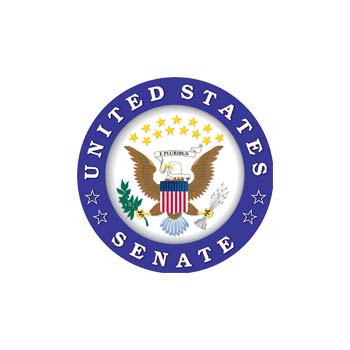
Sen. Lee Introduces Bill to Increase Patient Access to Biosimilars
November 22, 2022
On November 17, Sen. Mike Lee (R-UT) introduced the “Biosimilar Red Tape Elimination Act” to increase patient access to biosimilars and reduce costs by easing switching studies required to allow a biosimilar to be substituted for a biologic. View a one-page summary HERE.
Currently, pharmacists can substitute generics in lieu of their branded counterparts without switching studies. Access to generics increases competition and brings down drug costs.
In contrast, pharmacists may not be able to substitute a biosimilar (the generic equivalent of a biological drug) unless the FDA deems it to be “interchangeable,” triggering lengthy and costly switching studies to get the “interchangeable” designation. These studies are in addition to the clinical safety and efficacy data that must already be submitted for FDA approval. The demand for biologics that often target challenging therapeutic areas, such as cancer and rare diseases, is increasing. However, the high costs of these drugs heighten the need for biosimilars.
“Our regulatory environment is making it too difficult and expensive for biosimilars to make it to the market, said Lee. “Ultimately, it’s the patients who suffer from a lack of competition and high drug prices. My bill, the Biosimilar Red Tape Elimination Act, would bring down the barriers preventing consumers from accessing these life-changing drugs.”
“BioUtah appreciates the efforts of Senator Lee to help shape a reasonable and balanced regulatory framework for biosimilars that will avoid unnecessary delays and lower costs,” said Kelvyn Cullimore, president and CEO of BioUtah. “Patients deserve nothing less.”
Another reason to reconsider switching studies is that the U.S. is the only country that requires them. In the European Union, there are no such requirements. Biosimilars are regularly substituted for the reference products.
“With healthcare costs continuing to increase, we are grateful for Senator Lee’s leadership in helping patients get access to lower-cost biosimilar drugs by eliminating the red tape and unnecessary studies and steps that go into gaining FDA certification,” commented Beau Sorensen, chief operating officer of First Choice Home Health & Hospice in Utah. “This will be a huge help to our patients as they look to stay out of higher cost care settings through better access to affordable medications.”
A McKinsey & Company analysis indicates that a typical biosimilar costs $100 million to $300 million to develop.